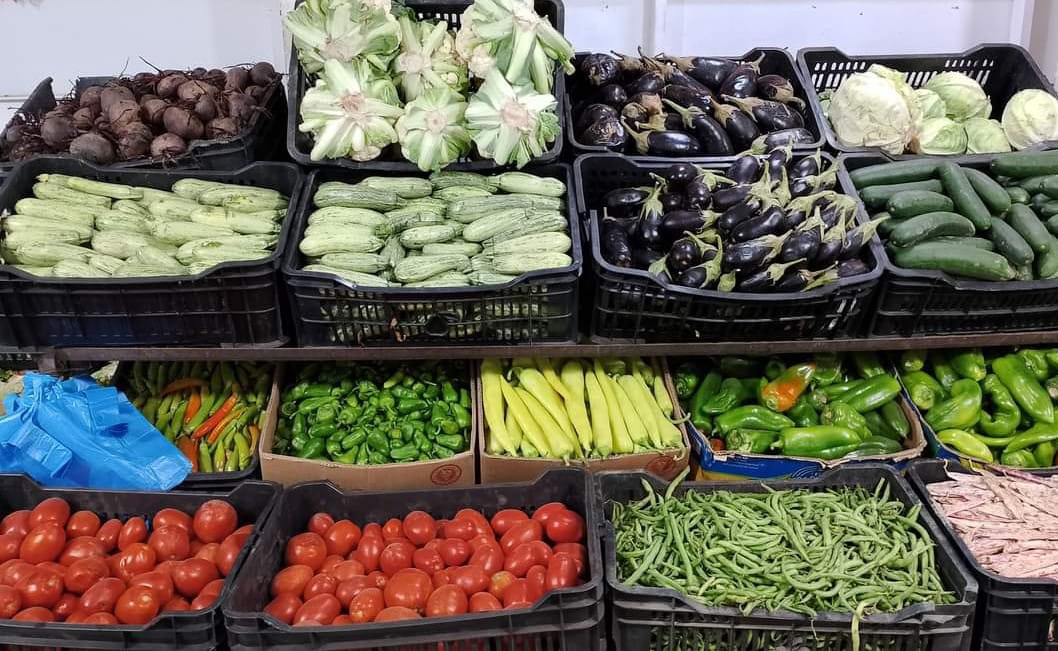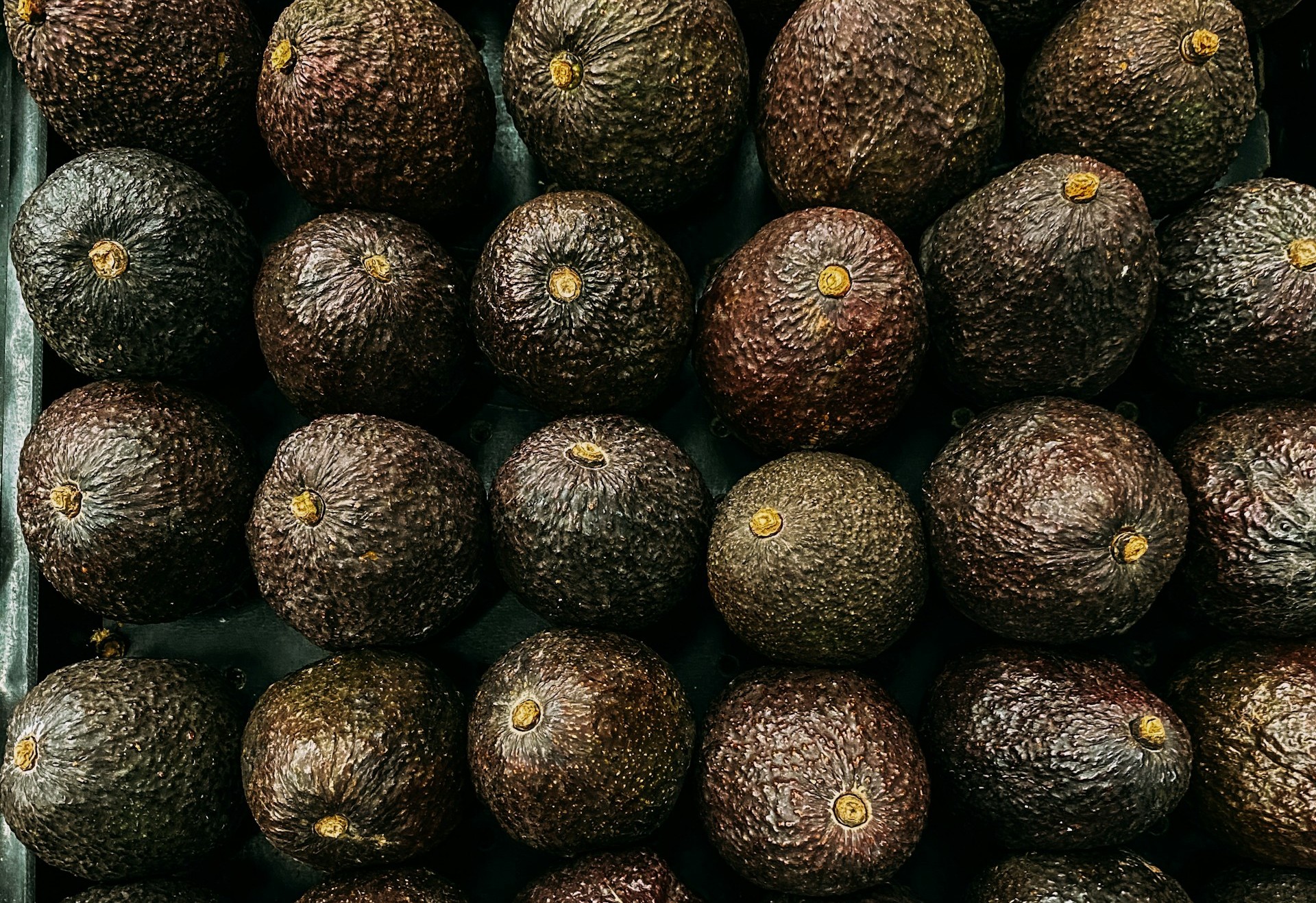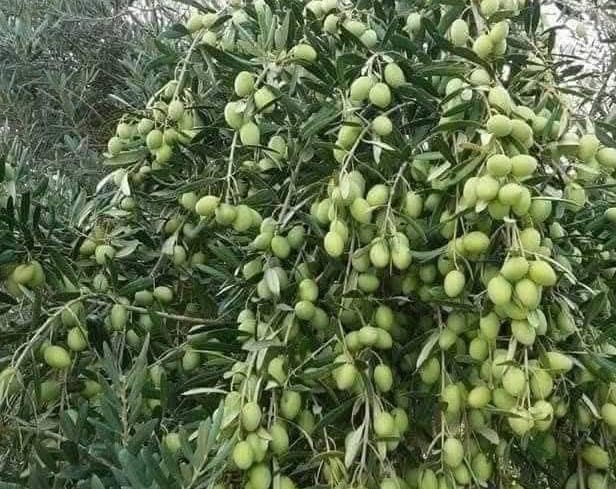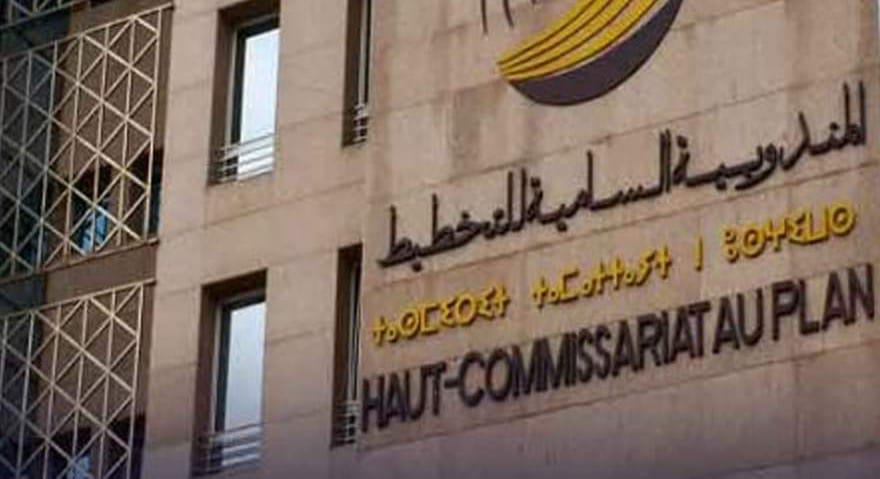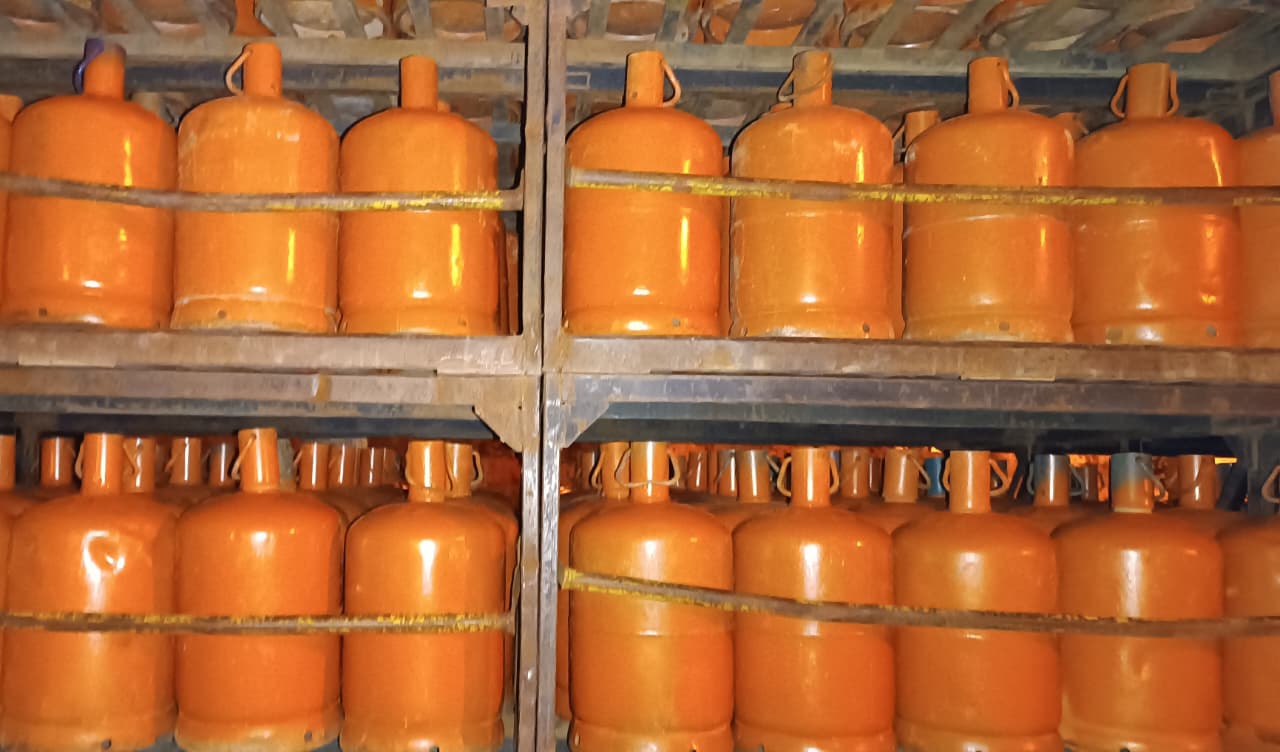Casablanca – In 2024, Morocco has solidified its status as the leading supplier of fruits and vegetables to Spain, reinforcing its dominance in the Spanish fresh produce market. Over the first seven months of the year, Moroccan exports to Spain reached a total value of $755 million, representing 24% of Spain’s total fruit and vegetable imports. This growth has positioned Morocco not only as a key partner but as a driving force in Spain’s agricultural imports.
According to data from the Spanish Federation of Associations of Producers and Exporters of Fruits, Vegetables, Flowers, and Live Plants (FEPEX), Moroccan exports surged by 10% compared to the same period in 2023, showcasing the growing strength of the kingdom’s agricultural sector. This consistent upward trend highlights Morocco’s essential role in supplying the Spanish market, far outpacing its competitors.
The scale of Morocco’s presence in Spain
With Spain’s total fruit and vegetable imports valued at $3.1 billion between January and July 2024, more than two-thirds (68%) of these supplies came from non-EU countries, underscoring the increasing importance of global trade for Spain’s food security. At the forefront of these international suppliers is Morocco, contributing $2.1 billion of the total imports from non-EU nations.
Morocco’s leading competitors, including Peru, France, and Portugal, trail far behind. Peru, the second-largest supplier, exported goods worth $343 million, while France and Portugal followed with exports valued at $322 million and $236 million, respectively. Despite their growing presence, no other nation comes close to matching Morocco’s market share and value in the Spanish market.
A longstanding partnership with Spain
Morocco’s steady increase in exports to Spain reflects not only its agricultural prowess but also the deepening trade relationship between the two countries. Over the past few years, Morocco has expanded its market share in Spain, benefiting from its geographical proximity, favorable climate, and investments in high-value crops. The quality and diversity of Moroccan produce, particularly in tomatoes, citrus fruits, and other fresh vegetables, have made Morocco an indispensable supplier.
In fact, during May 2024, Morocco supplied 65% of the EU’s total tomato imports, solidifying its place as a leader in this category. This growing market share has drawn attention in Spain, where local producers have expressed concerns over increased competition. Despite these concerns, Spain’s reliance on Moroccan imports shows no sign of slowing down, as consumers continue to demand a year-round supply of fresh, affordable produce.
Morocco’s high-value export strategy
What sets Morocco apart from its competitors is its focus on higher-value products. While the kingdom exports fewer tons than some European suppliers like France, the value of its exports is significantly higher. In 2023, for example, France exported 629,632 tons of fruits and vegetables to Spain, yet Morocco, with only 339,476 tons, achieved nearly the same export value. This shift toward more valuable produce has allowed Morocco to strengthen its position in the Spanish market, even with smaller volumes.
The future of Moroccan-Spanish agricultural trade
As global demand for fresh produce continues to rise, Morocco’s role in Spain’s agricultural market is likely to grow further. The kingdom’s agricultural sector has proven resilient, adapting to changing market conditions and embracing innovations that increase both yield and quality. With its sustained growth in 2024, Morocco has established itself as an essential partner for Spain, helping to secure the country’s food supply while driving economic development at home.
Looking ahead, Morocco’s ongoing commitment to quality, its ability to scale exports, and its strategic geographic position will ensure that its fruits and vegetables remain a cornerstone of Spain’s fresh produce market for years to come.






